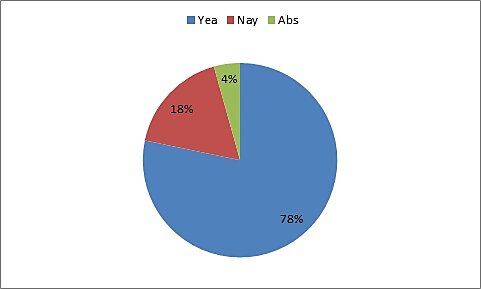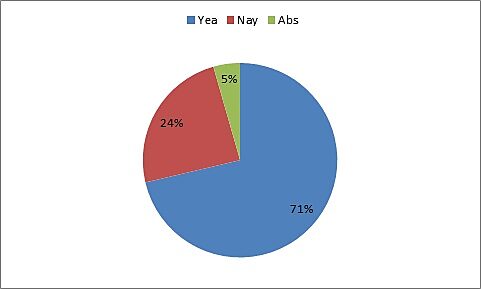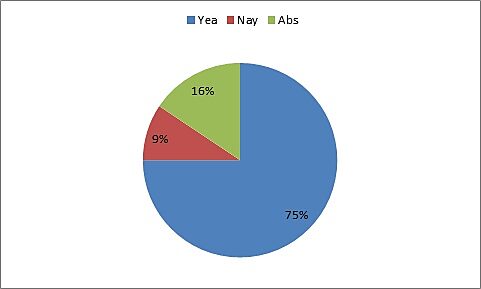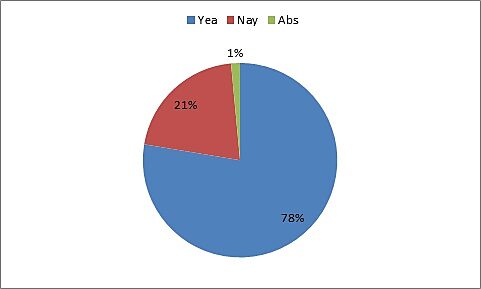The current partisan divide on immigration is wide and growing according to a new Pew study. This widening divide does not come from Republicans having a more anti-immigration position than in the past but from Democrats having a much more pro-immigration position than they used to.
In 2006, 49 percent of Democrats agreed with the statement “immigrants today strengthen the country because of their hard work and talents.” In 2016, 78 percent of Democrats agreed with that statement. Over the same time period Republicans went from 34 percent in agreement to 35 percent. Prior to 2006 the opinions of the two parties were nearly identical.
This partisan divide was not present during the vote over the Immigration and Nationality Act of 1965, the law that repealed the last vestiges of the eugenics-inspired 1920 immigration laws that ended America’s traditionally free immigration policy.
In the House of Representatives, Republican support for the 1965 Act actually exceeded Democratic support. 78 percent of Republicans voted for the 1965 Act (Chart 1) compared to 71 percent of Democrats (Chart 2). 18 percent of Republicans voted against the bill while 24 percent of Democrats did while both sides had a similar percentage of abstentions. Both parties supported the 1965 Act by wide margins but House Republicans were more likely to vote for it.
Chart 1
House Republican Votes
Source: govtrack.us
Chart 2
House Democratic Votes
Source: govtrack.us
In the Senate, 75 percent of Republicans (Chart 3) and 78 percent of Democrats voted for the Act (Chart 4). However, only 9 percent of Republicans voted against it while 21 percent of Democrats did (many more Republicans abstained).
Chart 3
Senate Republican Votes
Source: govtrack.us
Chart 4
Senate Democratic Votes
Source: govtrack.us
The Democrats had huge majorities in both Houses of Congress in 1965 but Republican support for the Immigration Act of 1965 exceeded that of the Democrats – at least as a percentage of Congressmen who supported the bill. Democratic support in the Senate barely exceeded that of Republicans.
A higher percentage of Republicans voted for the Civil Rights Act of 1964 – a fact conservatives have used for decades to ward off charges of racism. Republicans and conservatives can use a similar line of argument to support a pivot in favor of immigration reform by using the 1965 Act as a reference.




